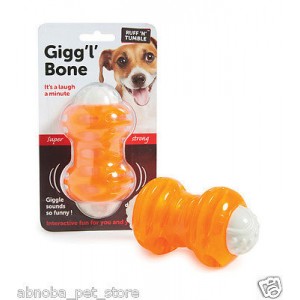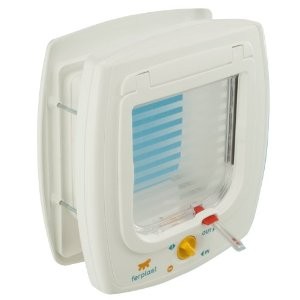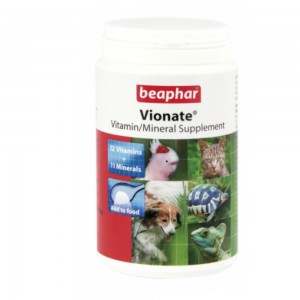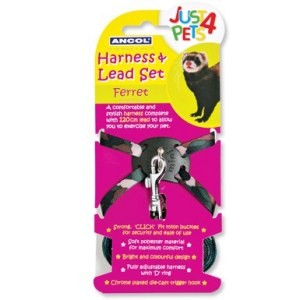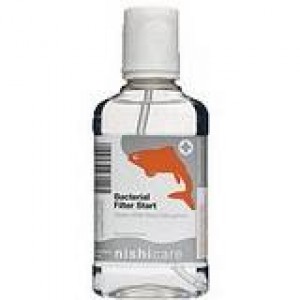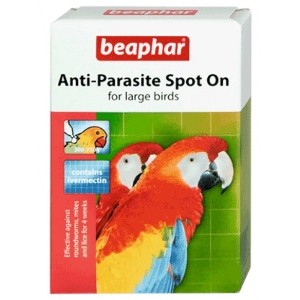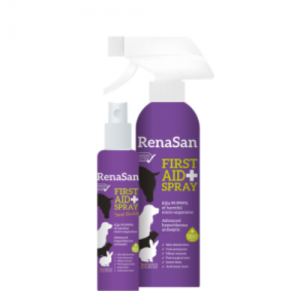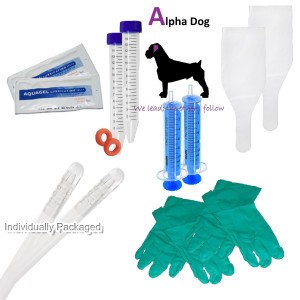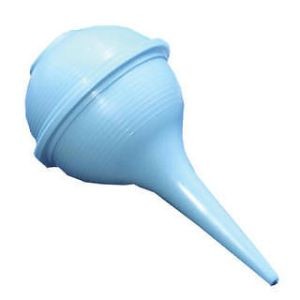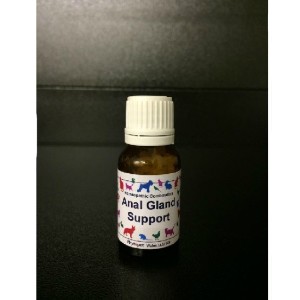Anal Gland Support – 200 pillules
- Description
-
Details
Homeopathic combination of:
- Calc
- Carb,
- Hepar
- sulph,
- Silicea
- Causticum.
Phytopet now have a homeopathic solution for when your dog needs a little help to express his glands. Silicea is an excellent remedy for helping the body to expel both foreign objects and fluids such as pus and excretions. PHYTOPET ANAL GLAND SUPPORT contains a combination of: Calc carb, Hepar sulph, Silicea and Causticum.
Unless otherwise advised
1 pillules 2-3 times per day
For acute conditions increase dose to one dose every 2-3 hours up to 6 doses per day.
Dogs have a pair of small scent glands on either side of the anus, just under the tail. These glands have pheromone-rich secretions which are a part of dog communication and territory marking. Inside the glands is a foul, musky smelling substance.
The anal glands normally exert some of this brown substance when dogs have bowel movements. When the glands do not empty on a regular basis, abscesses or impactions can occur. Dogs with anal gland issues can be seen ‘scooting’ on their rears, or licking the affected area and the anal area will appear red and swollen.
There are a few causes of anal gland issues, the most common being improper diet. The glands do not empty easily if the diet produces soft stools. Many veterinarians will recommend a high fiber diet to attempt to firm up the soft stools that commercial dog foods can create but a diet that includes bone content will do a much thorough job.
Raw feeders are proud ‘poop experts’ and one type of poop they recognize is ‘bone poops’. When dogs consume a meal that is relatively high in bone content, such as chicken backs or beef ribs, the result is a small but hard stool. The hardness of this type of stool is very effective at pushing against the anal glands during elimination, causing regular emptying of the gland contents.
Allergies may also be a cause of anal gland issues. If your dog suffers from allergies, a consult with a good classical homeopath or TCM vet will help to reduce the symptoms and the anal gland issues may resolve by treating the allergies.
Supplementing with fish oil or other oils high in Omega 3 will help to reduce itching and inflammation. Dogs under 15 pounds can receive 250 to 500 milligrams of fatty acids twice a day. Dogs between 15 and 50 pounds can have 1,000 milligrams one or two times a day. Dogs 50 pounds and over can take between 1,000 and 2,000 milligrams twice daily. This is a general guideline only.
Regular exercise will also help your dog by strengthening the rectal and abdominal muscles, allowing them to put more pressure on the anal glands. It also gives your dog the opportunity to relieve himself more often.
If anal gland problems are allowed to get out of hand, infection can occur. Monitor your dog for signs of irritation and make sure his diet is suitable and produces firm stools and you can prevent expensive and painful issues for your dog.
Average contents 200 pillules
- Additional Information
-
Weight: 80.0000


